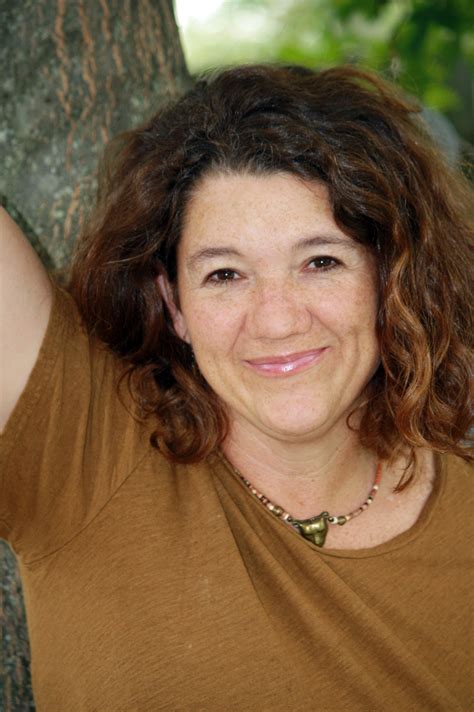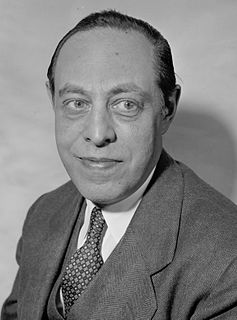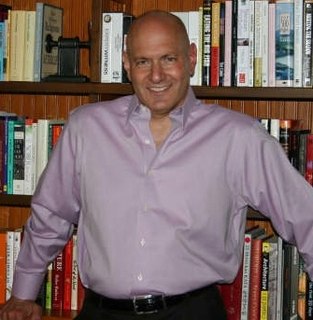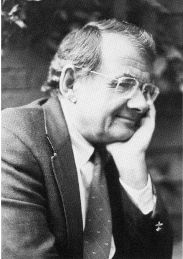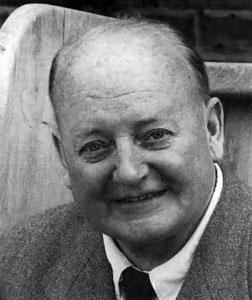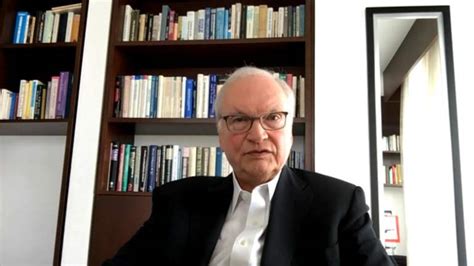A Quote by Frederick Salomon Perls
It feels much nobler to feel guilty than resentful, and it takes more courage to express resentment than guilt. With expressing guilt you expect to pacify your opponent; with expressing resentment you might stir up hostility in him.
Related Quotes
Guilt is also a way for us to express to others that we are a person of good conscience. 'I feel really guilty about getting drunk last night,' we say, when in actual fact we feel no guilt whatsoever or, at least, we could choose to feel no guilt. When people say to me, 'I drank too much last night,' I always reply, 'I drank exactly the right amount.
When we hold onto the negative in ourselves it comes with endless guilt. We hold onto a lifetime of floating visions and regrets about what we should have done or should have become. Conscience recognizes wrong and tries to atone. But guilt turns into resentment. Conscience brings us closer to each other; guilt drives us apart. Create a new feeling. Every time guilt settles in your stomach, write "I forgive" on a piece of paper. Send it up the chimney, tear it up and flush it, put it in the garbage. Don't eat it.
When one read's Kierkegaard's profound analyses of anxiety and despair or Nietzsche's amazingly acute insights into the dynamics of resentment and the guilt and hostility which accompany repressed emotional powers, one might pinch oneself to realize that one is reading works written in the last century and not some new contemporary psychological analysis.
Sexuality is primarily a means of communicating with other people, a way of talking to them, of expressing our feelings about ourselves and them. It is essentially a language, a body language, in which one can express gentleness and affection, anger and resentment, superiority and dependence far more succinctly than would be possible verbally, where expressions are unavoidably abstract and often clumsy.
To find gratitude and generosity when you could reasonably find hurt and resentment will surprise you. It will be so surprising because you will see so much of the opposite: people who have much more than others yet who react with anger when one advantage is lost or with resentment when an added gift is denied.
The difference between guilt and shame is very clear--in theory. We feel guilty for what we do. We feel shame for what we are. A person feels guilt because he did something wrong. A person feels shame because he is something wrong. We may feel guilty because we lied to our mother. We may feel shame because we are not the person our mother wanted us to be.



